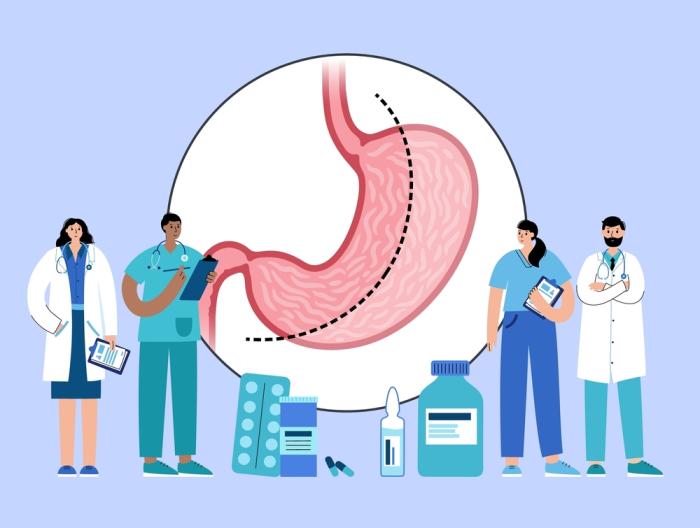Bariatric and Metabolic Surgery

Bariatric and metabolic surgery refers to surgical procedures aimed at helping individuals lose weight and manage metabolic conditions such as type 2 diabetes, high blood pressure, and high cholesterol. These surgeries are typically considered for people who have a body mass index (BMI) of 40 or higher, or a BMI of 35 or higher with obesity-related health problems.
There are several types of bariatric and metabolic surgeries, each with its own benefits and risks. Some of the most common procedures include:
-
Gastric Bypass Surgery: This surgery involves creating a small pouch from the stomach and connecting it directly to the small intestine, bypassing a portion of the stomach and the first part of the small intestine. This reduces the amount of food you can eat and limits the absorption of nutrients, leading to weight loss.
-
Sleeve Gastrectomy: In this procedure, a large portion of the stomach is removed, leaving a smaller sleeve-shaped stomach. This reduces the stomach's capacity, restricting the amount of food you can consume and promoting weight loss.
-
Gastric Banding (Lap-Band): A band is placed around the upper part of the stomach to create a small pouch. This limits the amount of food that can enter the stomach and slows down digestion, helping you feel full faster and eat less.
-
Biliopancreatic Diversion with Duodenal Switch (BPD/DS): This surgery involves removing a large portion of the stomach and rerouting the small intestine to limit both food intake and nutrient absorption. It is a more complex and less common procedure compared to gastric bypass or sleeve gastrectomy.
These surgeries are typically performed laparoscopically, using small incisions and specialized tools, which can reduce recovery time and complications compared to traditional open surgery.
Bariatric and metabolic surgery is not a quick fix and requires significant lifestyle changes, including adopting a healthy diet, regular exercise, and ongoing medical monitoring. It can have significant benefits in terms of weight loss, improvement in metabolic conditions, and overall quality of life for suitable candidates, but it's crucial to discuss the potential risks and benefits with a healthcare provider to determine the most appropriate course of action.
